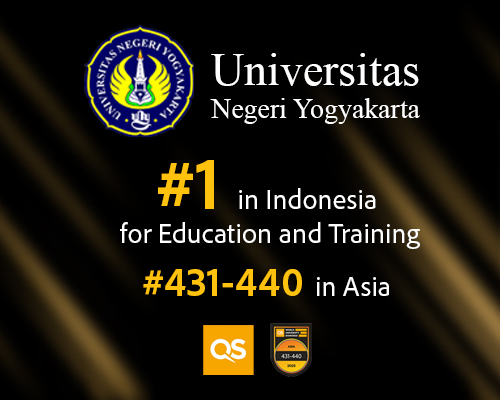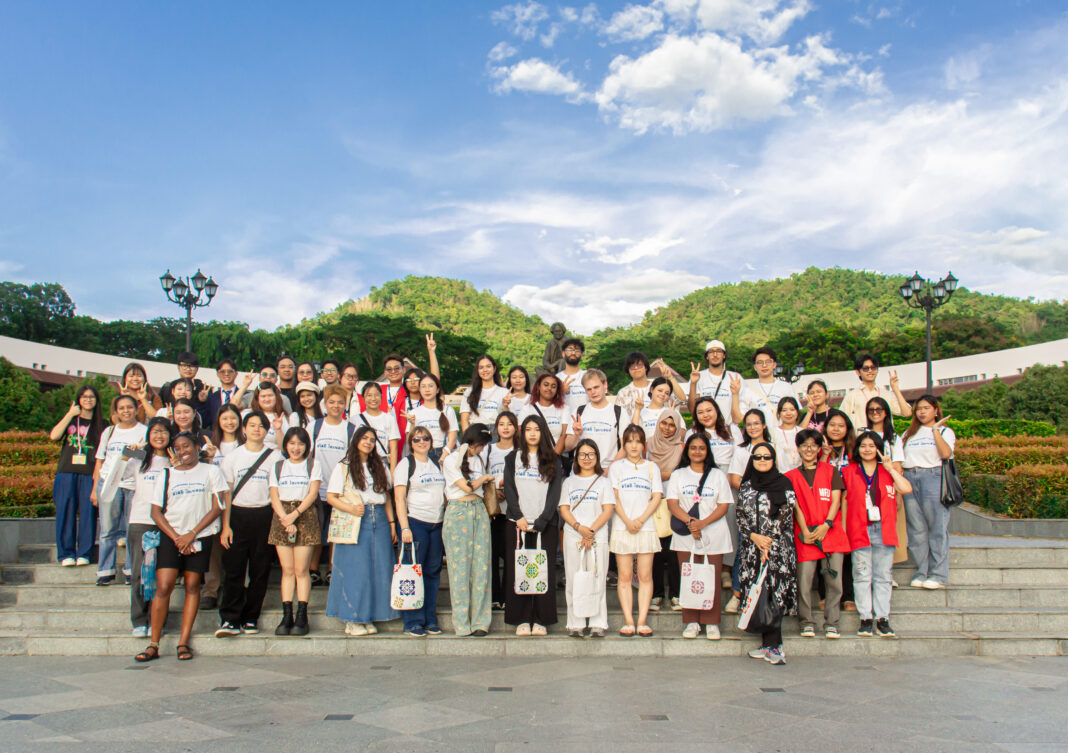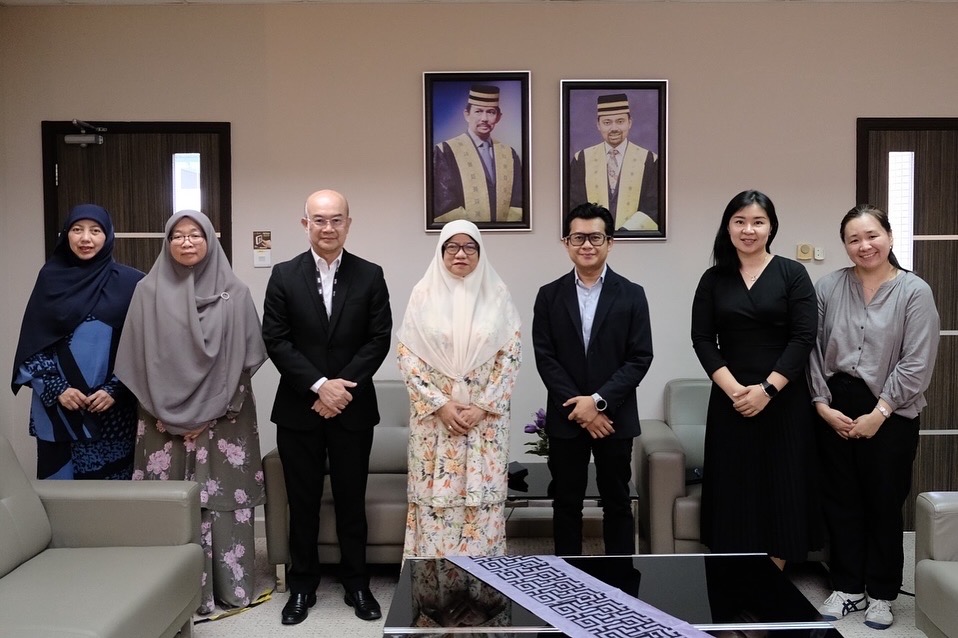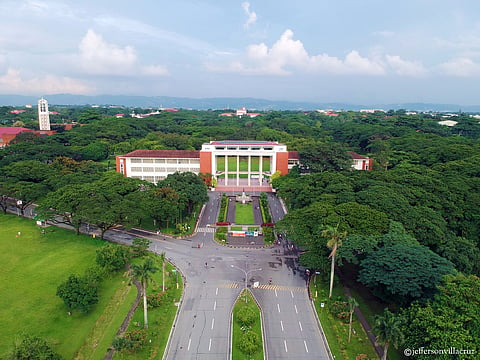Mae Fah Luang University’s partnership with Mahidol University’s prestigious summer programme represents a strategic move to position Northern Thailand as a hub for international academic exchange. This collaboration demonstrates how regional universities can leverage cultural assets to create meaningful global learning experiences.
**Key Points**
– MFU hosted international participants for Mahidol University’s Sawasdee Thailand Summer Programme from June 24-28, 2025
– Programme featured specialized lectures on Sustainable Development Goals, eco-tourism management, and regional multiculturalism
– Activities included cultural workshops, community site visits, and immersive experiences across Chiang Rai province
– Initiative aims to foster global citizenship while promoting Northern Thai culture and sustainable tourism practices
How Does MFU’s Sawasdee Thailand Programme Foster Global Citizenship?
Mae Fah Luang University’s Global Relations Division orchestrated a comprehensive five-day programme that seamlessly blended academic rigor with cultural immersion. Consequently, participants experienced education that extends far beyond traditional classroom boundaries.
What Educational Components Drive the Programme’s Success?
Specialized Academic Lectures Form the Foundation
MFU faculty delivered targeted presentations covering three critical contemporary topics. The curriculum addressed Sustainable Development Goals implementation, providing participants with frameworks for understanding global challenges at the local level.
Additionally, eco-tourism management sessions equipped students with practical knowledge about balancing environmental conservation with economic development. The heritage and multiculturalism lectures specifically explored Chiang Rai’s unique cultural landscape, highlighting how diverse communities coexist and thrive.
Cultural Workshops Enable Direct Peer Exchange
Interactive sessions between international participants and MFU students created authentic opportunities for cross-cultural dialogue. These workshops moved beyond surface-level cultural appreciation to facilitate meaningful connections between young people from diverse backgrounds.
How Do Community Experiences Enhance Learning Outcomes?
The programme strategically incorporated site visits and excursions throughout Chiang Rai province, allowing participants to witness sustainable development principles in action. These immersive experiences provided concrete examples of how theoretical concepts translate into real-world applications.
Local community engagement offered participants firsthand exposure to Northern Thai traditions, agricultural practices, and environmental stewardship approaches. Moreover, these interactions demonstrated how sustainable tourism initiatives can benefit both visitors and local populations.
The transformation from academic observer to engaged global citizen occurs through precisely these types of authentic cultural encounters.
What Makes This Collaboration Model Effective?
Mahidol University’s established Sawasdee Thailand Summer Programme provides the institutional framework and international reach, while MFU contributes specialized regional expertise and cultural access. This partnership leverages each institution’s strengths to create comprehensive learning experiences.
Notably, the programme’s structure follows a logical progression:
- Academic foundation through specialized lectures
- Peer engagement via cultural workshops
- Community immersion through guided site visits
- Reflection and integration of learning experiences
Bottom Line
MFU’s participation in the Sawasdee Thailand Summer Programme demonstrates how regional universities can create significant international impact through strategic partnerships. The programme successfully combines academic excellence with cultural authenticity, producing graduates who understand both global challenges and local solutions.
This collaboration model offers a blueprint for other institutions seeking to develop meaningful international programmes that benefit participants, local communities, and global citizenship development simultaneously.





